Striking a chord
How learning the guitar helped me regain my identity
Madison Geering plays the guitar and sings “Underneath Your Clothes” by Shakira. To her, this song represents loving others for who they truly are.
My hands are too small.
My hands are too small and my fingers aren’t long enough and that’s why I can’t strum the F chord. I dropped my sore fingers away from the fret board in defeat after another failed attempt at putting my passion back into practice.
Setting my guitar gently on my bed, I let the waves of frustration roll over me. I rested my head in my unbearably small hands, wanting to comfort myself only to discover they didn’t even cover my face! How could I play the F chord with hands so small that they don’t even cover my face?
With an angry sigh, I glared at the instrument beside me. It glared back. The sound hole was an unblinking, endless eye staring into my soul. The six strings looked more like prison bars to me, as if they were locking away some musical magic that would revive a forgotten part of my identity if I simply learned that chord.
I thought of my dad. He could play the guitar. He wasn’t Jimi Hendrix or anything, but he could pick up the instrument a few times a year and play something that would make me smile.
Then again, he didn’t have small hands.
In my head, my frustration and determination were at war. I could give up now and it wouldn’t make a difference, no one was expecting me to learn the instrument, my frustration reasoned. But I’ve come so far, my determination protested.
And it was true — I had come so far.
Just the week before, my transitions between chords were choppy at best, but I had gotten to a place where I could play a few simple songs and sing at the same time. My next challenge was learning the F chord. It’s not the hardest one to play, but for my novice fingers, holding down two strings with one finger and spreading the others down the neck of the guitar felt like climbing Mount Everest.
I hesitantly pulled the instrument back into my lap, fitting the smooth wood against me as if I was clicking a puzzle piece into place. It was my aunt’s guitar. She had passed it down to me on my last birthday “so that you can accompany yourself when you sing,” she explained with a nostalgic smile.
As someone preoccupied with academics and extracurriculars, music had always faded into the background. When I sang, it wasn’t a rehearsed piece for an exciting, nerve-wracking performance anymore; it was hushed humming in the car on the way to school. I knew the words to hundreds of songs and could name them in seconds, but that didn’t seem important anymore.
Growing up felt like giving up that part of me.
Learning the guitar helped me regain it.
So I spent hours fumbling with the metal strings. What was supposed to be the F chord sounded more like off-key, squeaky, dull plucking noises. My hand would shake from the effort it took. My fingertips stung from pressing into the strings, indented with red grooves.
For a while, it hurt. Then, one day, it didn’t anymore. I had formed calluses on my small hands, and when I strummed, it sounded like spring.
The reason I wasn’t able to play the F chord wasn’t because my hands were small — it was because my mind was.
For one reason or the other, we hold ourselves back from progress. We are so afraid of wasting our time that we spend it unfulfilled.
We are so afraid of what we’ll hear that we miss out on the music.
After I learned the F chord, I memorized 10 more songs that included it. I realized that I had some catching up to do. Absorbed in the music, I allowed myself to love what had always been a part of me.
The melodies were my memories. The cadence was my courage. The lyrics were my language.
The resonance was my resurrection.

I am a senior attending Bonita Vista High. Journalism interests me because I believe strongly in the power of words to impact people, and to shed light...

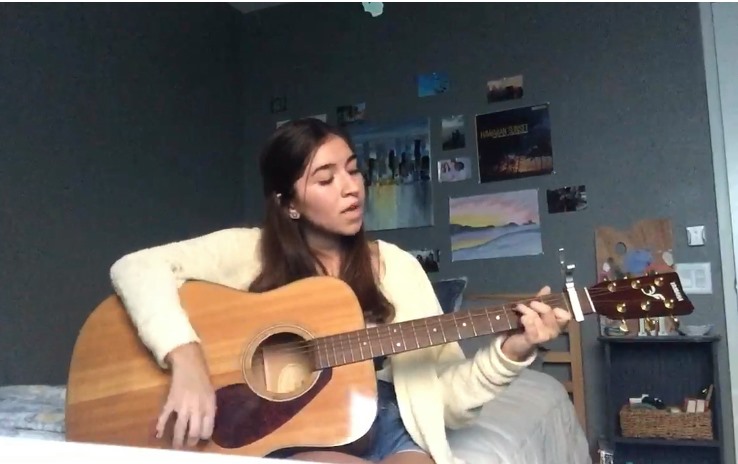
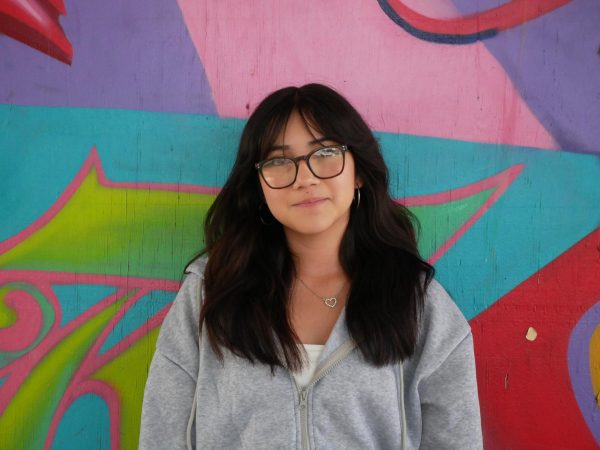



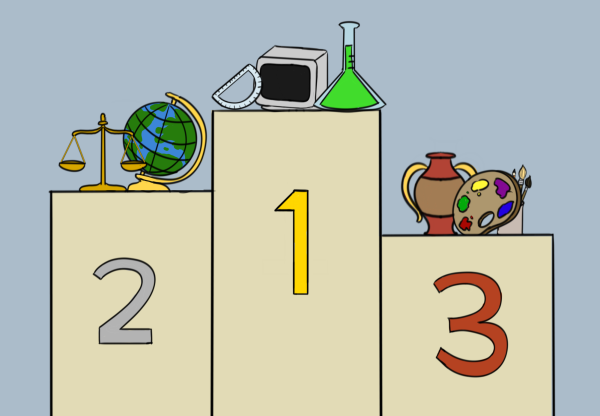
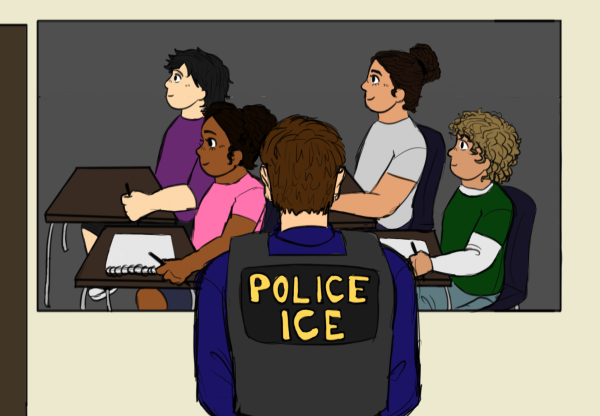
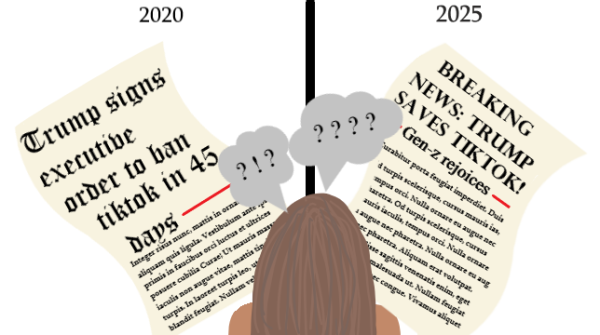
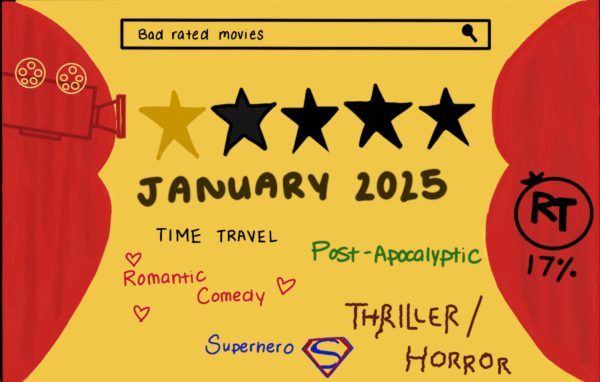
Joseph Szakovits • Sep 6, 2020 at 9:32 am
Thank you for sharing this with us, Madison!
Madelyn Omelina • Aug 27, 2020 at 11:18 pm
Madison your article brings so much emotion, I really enjoyed it! Your article reminded me of the power of music and writing all in one, Thank You! I will remember your story when I struggle with my own instrument or writing pieces, I will remember why you keep going. Thank you for inspiring me! Also, you’re super talented and amazing at writing and singing/playing!
Maia Vadun • Aug 26, 2020 at 4:21 pm
So so so good maddie!! You’re an amazing writer!!!!
Malia DeGuzman • Aug 24, 2020 at 9:11 am
This was very inspiring and your singing is so beautiful!
Maico Moreno • Aug 23, 2020 at 3:26 pm
Very inspiring, Madison!!
Melina Ramirez • Aug 23, 2020 at 11:49 am
I knew it! This column is your best yet Madison!
Melanie Blea • Aug 23, 2020 at 6:09 am
Wonderful article! You have such a way with words that I can actually see what you are describing. That takes talent. Good Job!
Shane • Aug 22, 2020 at 11:09 pm
Well written Maddie! Enjoyed it!!
Andrea McKay • Aug 22, 2020 at 9:48 pm
Wow, I am endlessly proud of your achievements! Your ability to paint a picture with words and and convey emotion through music is amazing!
Sierra Hahn • Aug 22, 2020 at 9:16 pm
This is very well written! You have such an amazing voice both in your writing and singing!
Abby Roman • Aug 22, 2020 at 9:09 pm
Beautiful Madison!
Auntie • Aug 22, 2020 at 9:07 pm
Madison‘s ability to engage her audience with heartfelt words of contemplation and inspiration are truly a gift. And her voice is that of an Angel. I’m so proud of the progress that she is making on her guitar as well.
Mary Jane • Aug 22, 2020 at 7:54 pm
Another great article!
Giselle Geering • Aug 22, 2020 at 7:44 pm
Wow! I think this is your best article yet.